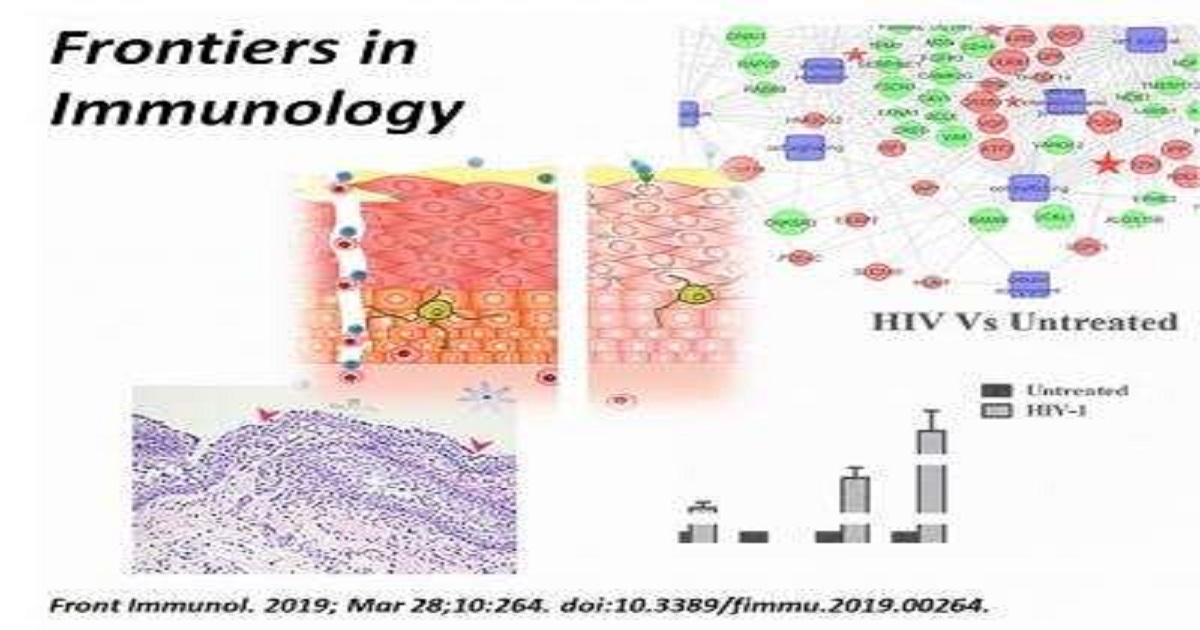Study presents drug candidate for reversing mucosal barrier damage by HIV
medicalxpress | May 06, 2019

A vaginal microbicide that could prevent sexual transmission of HIV-1 in women has tremendous potential for saving lives and helping staunch an epidemic. But the delicate milieu of microbes that naturally colonize the vagina and maintain a healthy mucosal barrier have made the search for such a microbicide challenging, thwarting clinical trials of the most promising candidates. Investigators at Brigham and Women's Hospital led by Raina Fichorova, MD, Ph.D., in collaboration with an international team, tested a laboratory-made version of a naturally occurring protein (recombinant fragment of human Surfactant Protein D or rfhSP-D) on bioengineered vaginal tissues, immune cells and microbes to determine if the drug candidate could help prevent HIV transmission safely. In a paper published in Frontiers in Immunology, the team reports on the technique's success in preclinical testing, establishing it as a promising anti-HIV-1 vaginal microbicide.